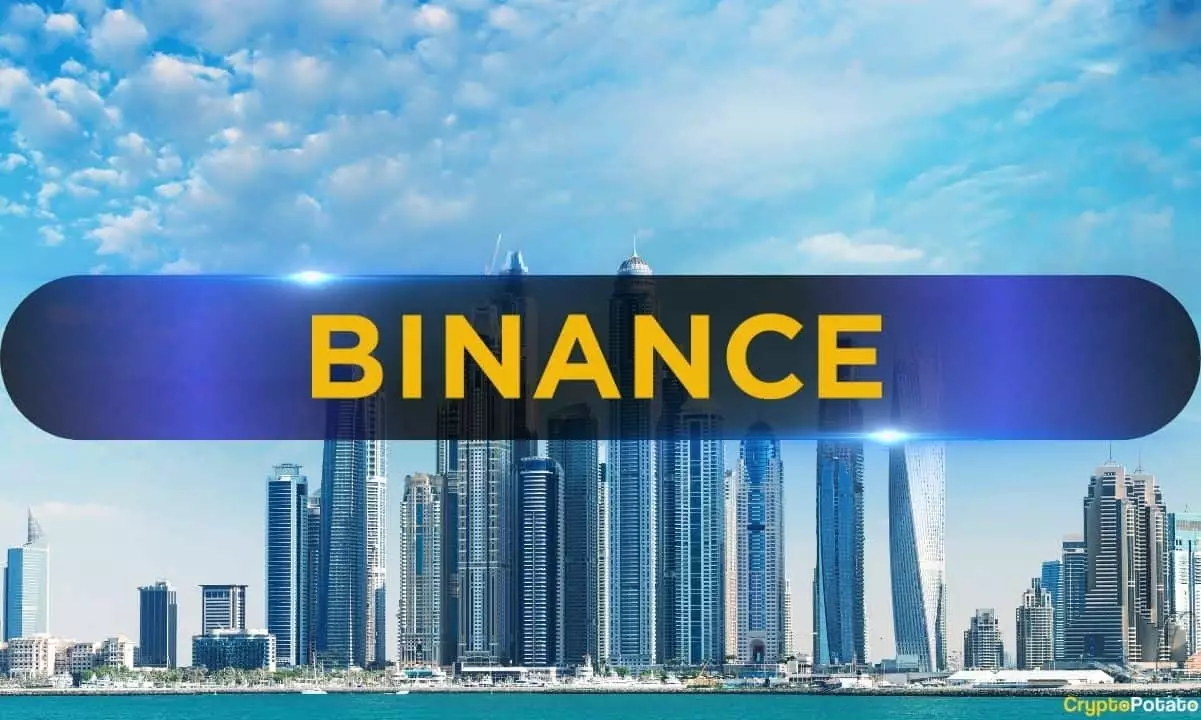When MGX made the resounding decision to invest $2 billion in Binance, it rocketed into the history books as one of the most significant funding deals ever in the cryptocurrency landscape. This unprecedented move isn’t just noteworthy; it sets a foundation for what might be a groundbreaking evolution in the dynamics of digital finance. By entering the blockchain realm, MGX isn’t merely buying a stake; it’s throwing down the gauntlet in the battle for the future of money.
This investment carries substantial implications and raises critical questions about the direction of blockchain and cryptocurrency as they integrate more substantially into our economic fabric. The stakes are high, with MGX taking on a minority stake in Binance, one of the largest cryptocurrency exchanges globally. What does this mean for both entities? The answer may hold the key to unlocking advanced and secure digital financial systems.
Institutional Confidence in Digital Assets
MGX’s bold venture marks more than just a foray into blockchain technology; it’s a testament to the increasing institutional confidence in digital assets. The investment signals a pivotal shift in perspective where crypto assets are no longer fringe elements of finance but are becoming embedded within mainstream financial frameworks.
Ahmed Yahia, MGX’s Managing Director and CEO, aptly pointed out the urgent need for secure, compliant, and scalable blockchain solutions. But is this sentiment shared universally? While the digital asset world fervently supports advancements in blockchain capabilities, a critical public discourse persists around regulatory frameworks and the potential for misuse. This dichotomy between enthusiasm and apprehension is central to understanding the nuanced landscape of cryptocurrency today.
Meanwhile, Binance CEO Richard Teng’s endorsement of this venture adds layers of legitimacy, not just to their business model but also to the larger crypto narrative that paints the future of finance as vibrant and dynamic. However, amid this optimism, skepticism lingers over the intentions behind such investments—are these strategies genuinely aimed at democratizing finance, or are they opportunistic plays in an unregulated realm?
The UAE: A New Hub for Crypto Regulation
Binance’s deep-rooted presence in the United Arab Emirates illustrates a progressive approach to crypto regulation. With substantial operations and regulatory approvals secured for various trading and custodial services, the UAE is positioning itself as a global leader in digital asset compliance. This is crucial as it highlights the potential for other nations to adopt similar frameworks, arguably creating a more secure and stable environment for both investors and companies alike.
However, with progress comes challenges. The rapid evolution of regulatory measures in various jurisdictions might reflect a growing acknowledgment of the complexities inherent in cryptocurrencies while also triggering resistance from entities uncomfortable with changes that may disrupt traditional financial ecosystems. As MGX and Binance appear to flourish within this space, will they become catalysts for a more extensive acceptance of digital currencies, or will their growth trigger a backlash from conservative financial institutions rooted in outdated paradigms?
The Landscape of Investment and Innovation
The burgeoning investment pipeline into crypto also deserves scrutiny. In February 2025, for instance, various crypto companies successfully garnered a staggering $1.11 billion through venture capital funding. In this swirling environment of transaction fever, startups focusing on decentralized finance (DeFi), security services, and artificial intelligence are poised to redefine how we think about financial transactions in the coming years.
MGX’s strategic alignment with AI and blockchain could exemplify a transformative fusion that could disrupt multiple industries—if executed properly. Yet, as some analysts argue, rushing headlong into innovation without a solid regulatory framework could lead to chaos. The question remains: is the desire for rapid advancement enough to overlook the importance of responsible governance in this digital age?
In addition to technological advancements, as MGX fosters developments at the intersection of AI and blockchain, it raises thought-provoking issues about ethical applications and potential societal implications. How will this influence consumer trust, data privacy, and economic equity?
The financial world is bracing for a paradigm shift, with MGX at the helm of innovation and change. However, in this rapidly evolving narrative woven with threads of excitement and skepticism, only time will reveal whether this venture is a defining moment of success or yet another cautionary tale.

